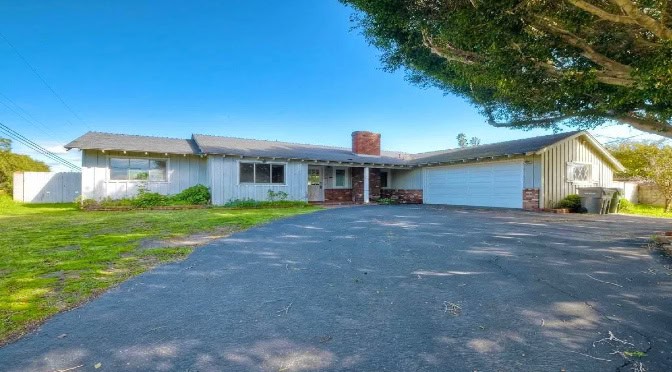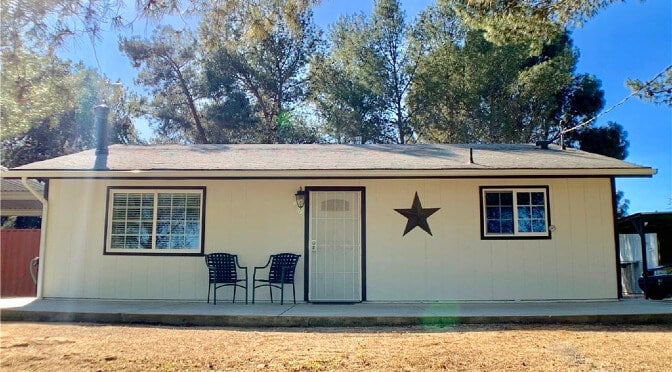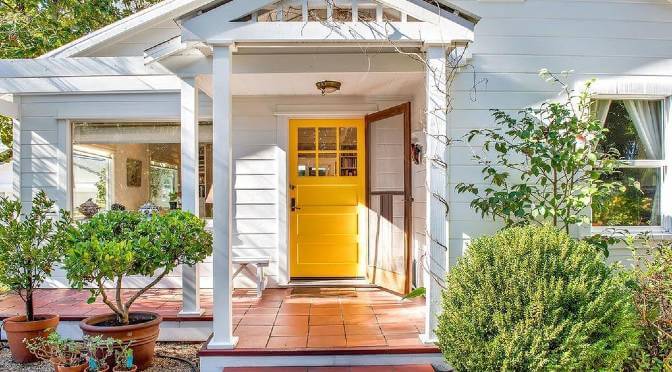
What is a Swing Loan?
What is a Swing Loan?
A swing loan, also known as a bridge loan, is a short-term financing solution used to help bridge the gap between the sale of a current property and the purchase of a new property. Swing loans are temporary loans that provide financing to purchase a new property until the existing property can be sold.
How Does a Swing Loan Work?
Swing loans are commonly secured against the borrower’s current property but the swing loan can also be secured against the new property being purchased in some scenarios. The loan amount is limited by the value of the property used as collateral. The loan is paid off once the borrower’s current property is sold. If the swing loan is secured by the current property, the sales transaction will automatically pay off the loan. If the swing loan is secured by the new property, sales proceeds from the sale of the current property can be used to pay off the loan.
Swing Loan vs Bridge Loan
While the terms “swing loan” and “bridge loan” are sometimes used interchangeably, there are some differences between the two. Swing loans are often utilized for a shorter period of time in order to cover expenses for the transition from an existing property to a new one. Bridge loans are typically used for a slightly longer period of time (up to 11 months for primary residence) and used to purchase a new property before the current property is sold.
Swing Loans for Real Estate
Swing loans are commonly used in real estate transactions where a homeowner needs to purchase a new property prior to selling their current property. The swing loan can help the borrower raise a down payment for the new property purchase or cover other costs related to the move.
Swing loans can also be used by real estate investors to purchase and renovate a property before selling it for a profit. The swing loan can provide the funds needed to purchase the property and cover the costs of renovations. The loan is repaid once the property is sold.
Swing Loans – Other Considerations
- Eligibility requirements: Lenders may have specific eligibility requirements for swing loan borrowers such as the amount of equity within real estate and credit scores.
- Interest rates and fees: Swing loan interest rates will vary depending on the lender but expect them to be higher than conventional interest rates. Short-term financing from non-conventional lenders often has higher interest rates. Swing loan fees can be higher as well due to the short-term nature of the loan.
- Repayment terms: Swing loans are typically repaid within a few months, but the specific repayment terms may vary depending on the lender. Borrowers should understand when and how they will need to repay the loan.
- Risks: Like any type of financing, swing loans have risks that borrowers should be aware of. For example, if the borrower cannot sell their current property to repay the loan within the loan period this may be considered a default on the loan.
- Alternatives: While swing loans can be a useful tool for certain short-term situations, there may be alternative financing options that could be more appropriate for some borrowers. For example, a home equity loan or line of credit (HELOC) may be a better option for borrowers who have significant equity in their current property and have time (1 month+) before they need the borrowed funds.
Recent Bridges Loans Funded by North Coast Financial
Bridge Loans Resource Guide
California Bridge Loan Request
We will contact you to review the loan scenario and provide a quote.




